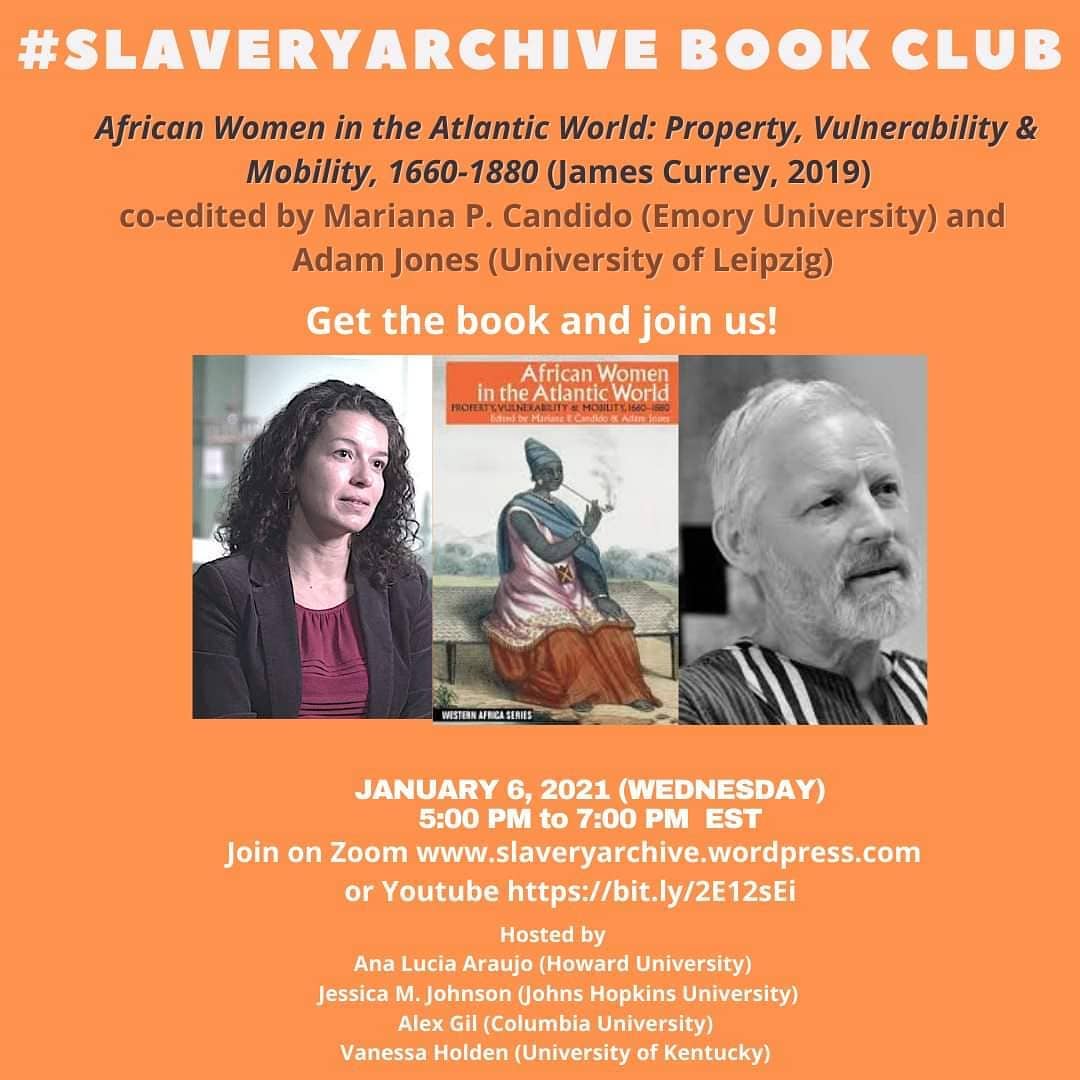Dr. Polly J. Price, Asa Griggs Candler Professor of Law, Professor of Global Health, and associated faculty in the History Department, was recently quoted in the Atlanta Journal-Constitution article “As COVID vaccines roll out, where do kids fit in?” The piece discusses the implications of the coronavirus vaccine for children and adolescents, including the prospect of requiring vaccinations to return to school. Read an excerpt below along with the full article.
“It is unlikely anyone will be forcing their compliance anytime soon. Mandating immunization for students appears to be a political non-starter.
“Policy experts say it is too early to contemplate that anyway, given unanswered questions about the safety and efficacy — and availability — of child vaccines. Current mandates, for measles, for instance, cover vaccines that have a long history of both safety and long-term protection for the vaccinated. COVID-19 vaccination, meanwhile, is authorized only for emergency use, noted Polly J. Price, a professor of public health law at Emory University.
“‘I can’t see schools, even high schools, moving right away to any kind of mandate,’ Price said.”
